
About Manzanillo
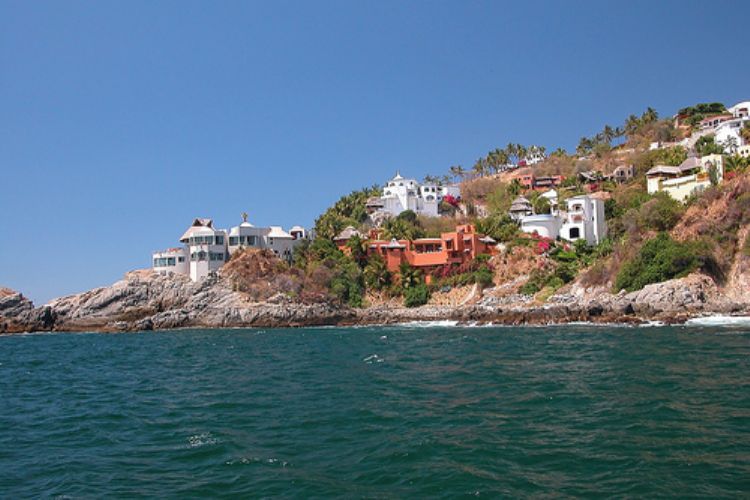
The name of Manzanillo makes reference to the abundance of manzanillo trees growing on this land and its fruit of small sweet and sour balls of red and yellow color. This port is located in the western central part of Mexico, 73 kilometers from Colima, capital of the state with the same name. Currently, it is one of the main beach paradises of Mexico's west and also one of the most dynamic and thriving merchant ports.
Historians say these lands were first inhabited by the Indian tribes known as Nahuatl and Tlacotla (the latter also known as Caxitlan) who called this region "âCozcatlan"â meaning "âplace of pearls"â, with evidence showing there were divers extracting those sea stones during that era.
These beaches were initially discovered by Spanish explorers in 1522, when conquistador Hernan Cortes disembarked on this land but ignored it. It wasn't until the 24th of July 1527 (five years later) when Alvaro Saavedra Cedrón explored and recognized these lands baptizing them as "âBahía de Santiago de la Buena Esperanza"â.
During the colonial era, Manzanillo became important basically as a safe and ideal place for embarking and constructing ships, a perfect refuge for the galleons coming from the East and a place to hide from the terrifying pirates; because of which, the ambitious pirates in search of Eastern merchandize bombarded this small port more than once.
It wasn't until the post-colonial era, on the 1st of May 1824, when the Government of the Mexican Republic decreed the opening of Manzanillo port on the Pacific Coast, granting this name in honor of the abundant namesake flora that emanates its delicate fragrance throughout all the bay's corners. Afterwards, because of its development and huge potential, 24 years later, during the government of Manuel de la Peña y Peña, Manzanillo was elevated to the category of deep water port for domestic and foreign commerce. The development of this port continued revolving around its sea activity and on the 17th of June 1873 the Port of Manzanillo was erected as a municipality and on the 1st of May 1948 it ascended to the category of city. It is worth mentioning that in 1908, during the government of Porfirio Diaz, this beautiful bay received the denomination of official port for its railway connection to the city of Guadalajara.
Currently, Manzanillo continues being a deep water port and is placed as the largest Mexican port on the Pacific, taking advantage of its strategic geographic situation, making it the port of entry for international commerce coming from Asia and different parts of the world. It is worth mentioning that Manzanillo is also known as the Pearl of the Pacific and as World Sailfish Capital, for the great variety of this fish and the famous sailfish fishing tournament it celebrates.
Today, this thriving port city located almost 1,200 kilometers from Mexico's capital is called the tourism jewel of Colima State with a mountainous geography, graceful valleys, the narrow coastal strip it is located on, its golden sand beaches docking cruise ships from around the world and its incredible scenarios for the practice of water sports. The great tourist development of this paradise is mainly concentrated on its two bays: Santiago and Manzanillo, with world-quality hotel resorts providing the necessary infrastructure for taking advantage of Manzanillo's greatest attraction: its beautiful, warm and diverse beaches.
This municipality has 138 thousand residents (II Conteo de Población y Vivienda 2005) in its 1,579 squared kilometers extension, in houses with the main public services covering 92% of dwellings with water piping, 94% with sewer system and 95% with public lighting. Finally, it is worth highlighting that its Economically Active Population represents 32% of the total, from which 98% is employed, mainly in the tertiary sector (60% of the employed population).
Articles Releated with Manzanillo

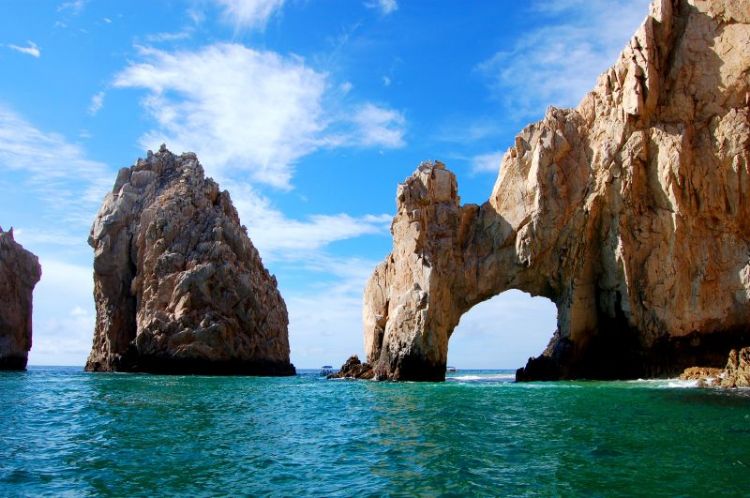

The Process to Obtain the Voter's Mexican Credential or IFE Credential
The Voterâs Mexican Credential or Federal Elect...
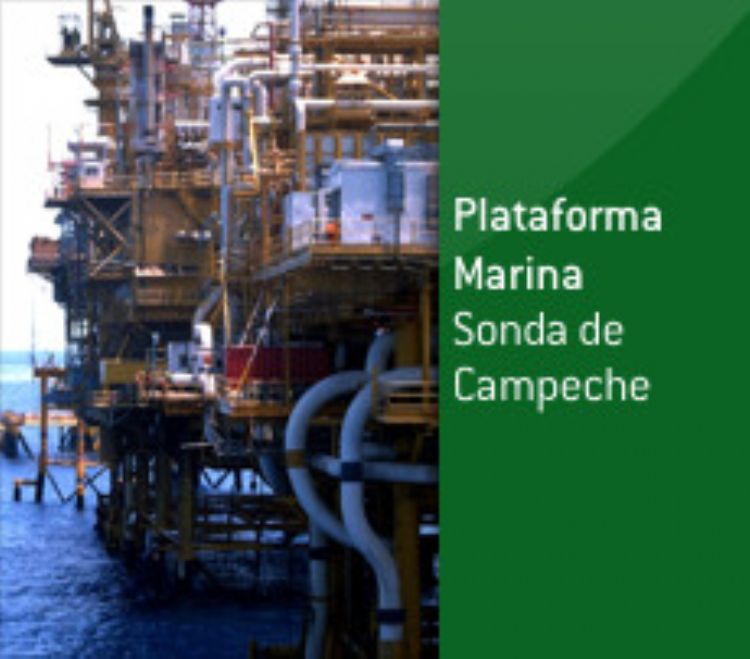
Mexican Oil; The Most Important Fields
The oil industry in the world has changed dramatically in...
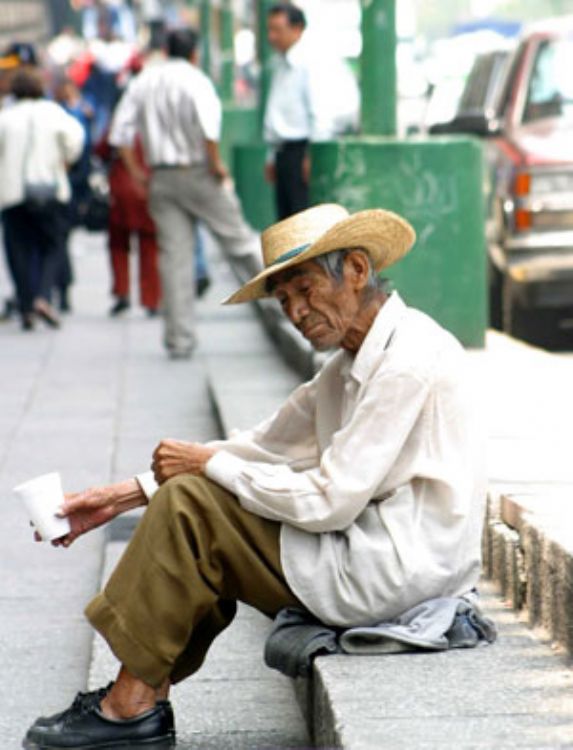
Poverty in Mexico, and its Figures
With most of its inhabitants having unmet needs, it is no...
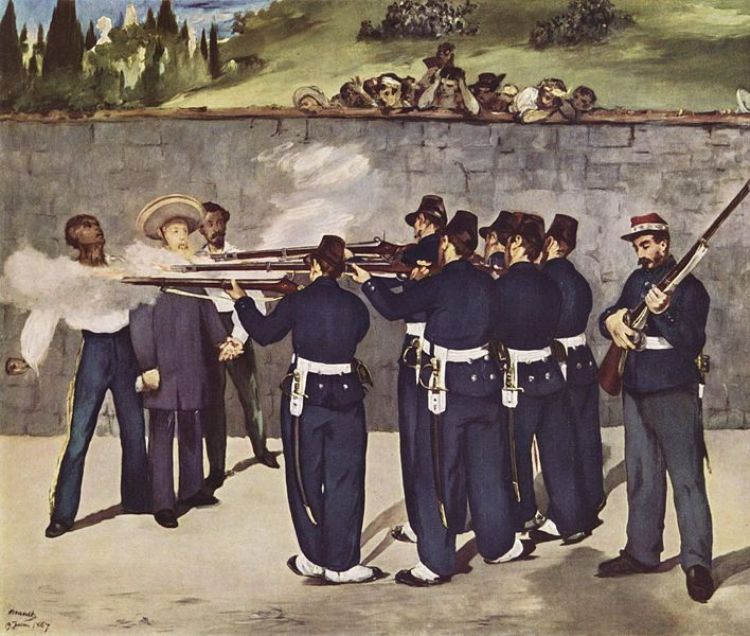
Invasions to Mexico II; The French Invasion
The French intervention of Mexico by the army of the Seco...
Most Viewed
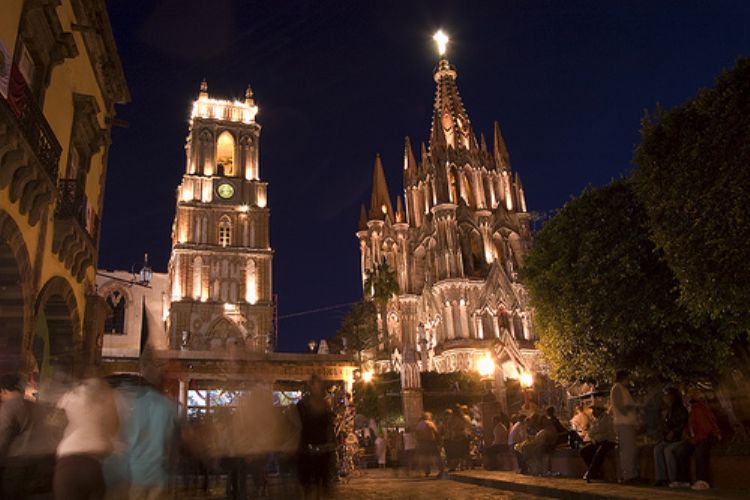
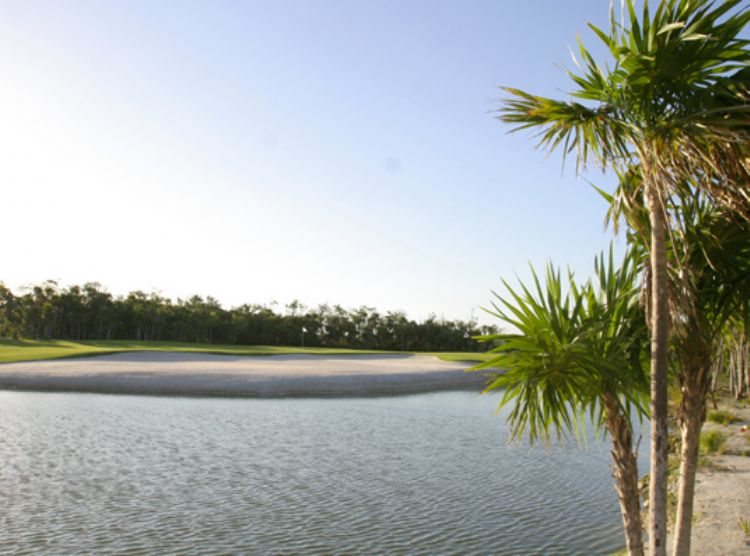
Best Golf Courses in Mexico, The Mayan Riviera
Playa Mujeres This is one of the most ex...
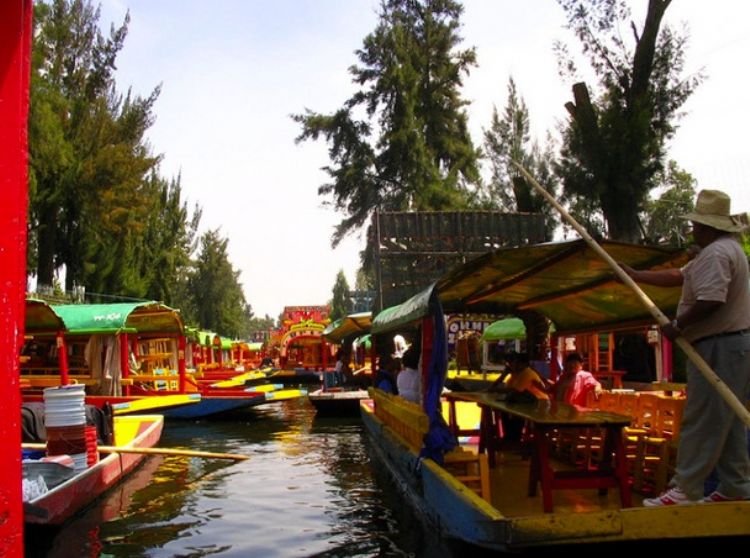
Xochimilco: A place with crops of flowers!
Without a doubt, Xochimilco is one of the most recognized...
